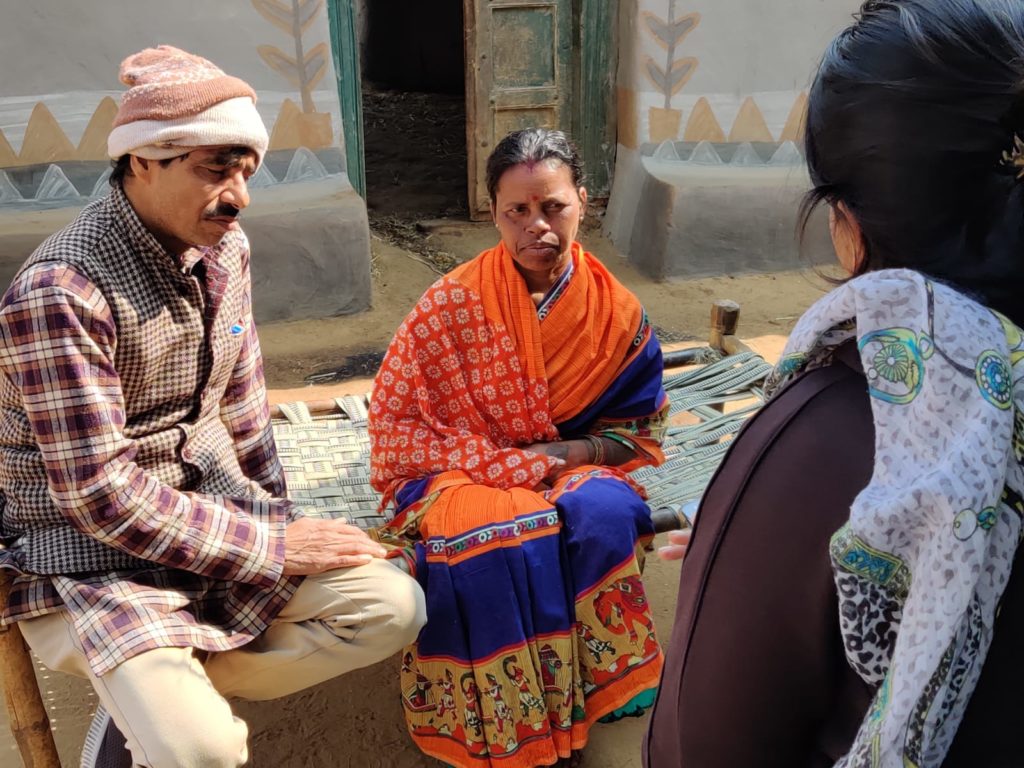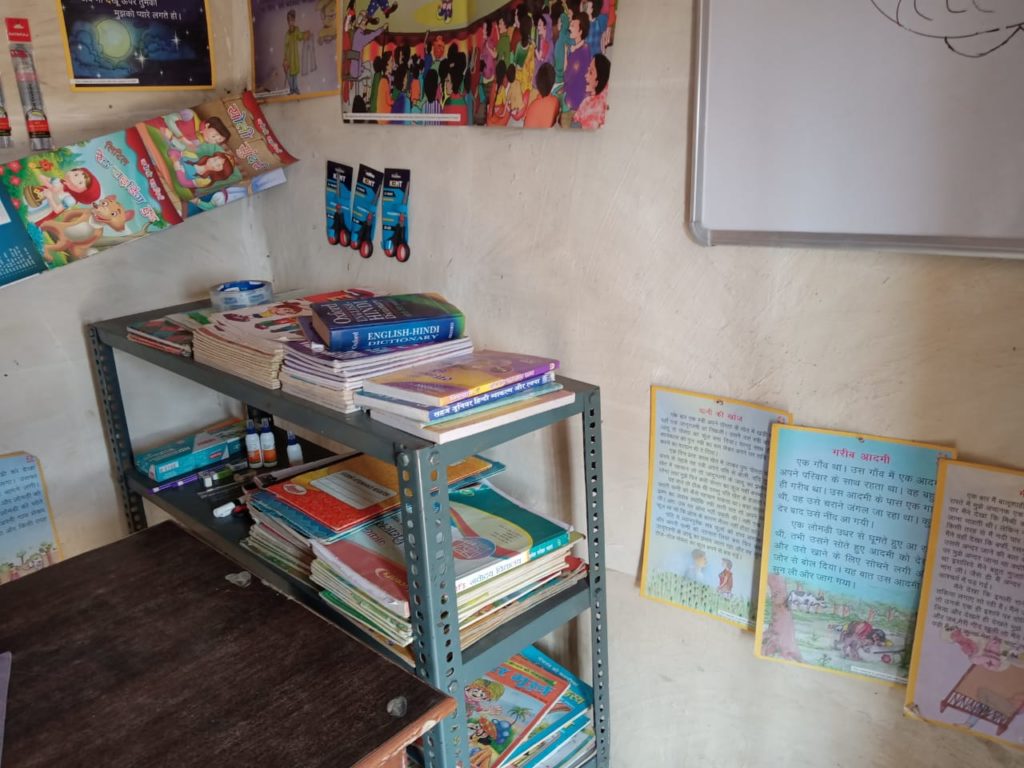
As part of its holistic approach to eradicate child labor in mica collection and mica mining in India, the Responsible Mica Initiative has developed Community Empowerment Programs (CEP). Implementation of these programs in two sets of 40 villages has been carried out by two consortium of local CSO partners.
The two consortium, BJSAM and CESAM, started the implementation of CEP in 2018 and 2019 respectively, each of them over a three-year period.
CEP implementation by BJSAM comes to an end in March 2021, after three years marked by an extensive baseline assessment, the building of a close relationship between mica-dependent communities and program partners, key successes achieved thanks to coordinate, efficient and targeted actions, and the COVID-19 pandemic.
Focused on the continuous improvement of its approach, the Responsible Mica Initiative has organized an external impact assessment of CEP to confirm their effective impacts, identify areas for improvement, develop a model-village concept and challenge programs’ and impacts’ sustainability.
Objectives of the external impact assessement
The overall aims of the mission are to:

Selected Approach
To reach these 4 goals, and to ensure an unbiased analysis, an external service provider was selected following RMI’s usual procedure for call for tender.
Im-Prove and its Indian partner Y-East were selected for their expertise in change management, for their quantitative and qualitative approach, for their willingness to co-build the project with the initiative and for their knowledge of the ground.
The final step of the project consists in gathering all conclusions and recommendations in a comprehensive report as well as sharing key outcomes with RMI and its local partners.
RMI and its partners will then be able to build on these outcomes and recommendations to improve next CEP to come. By conducting such external impact assessment, Community Empowerment by RMI will therefore be always closer to communities’ needs, more comprehensive and more efficient.